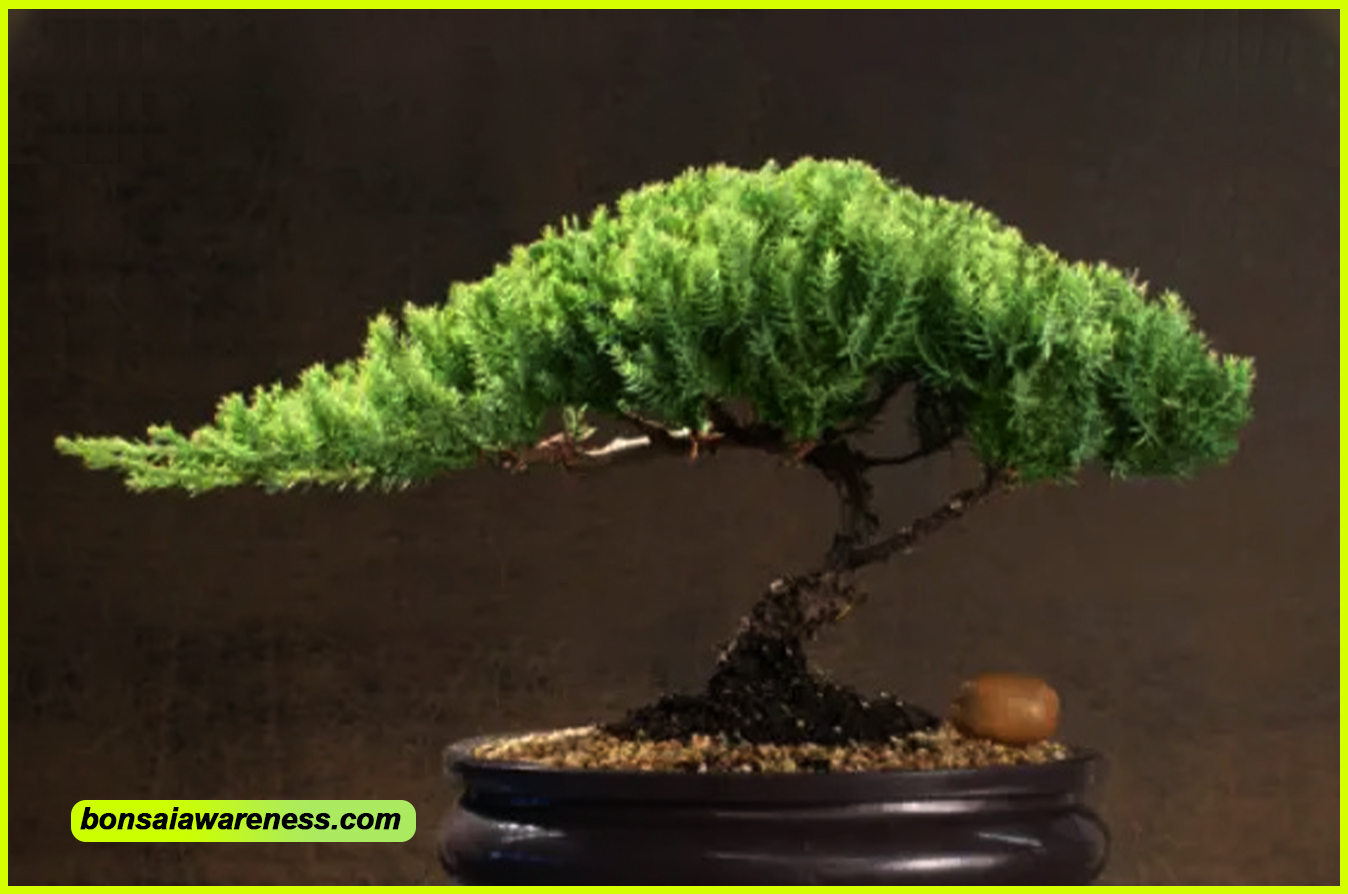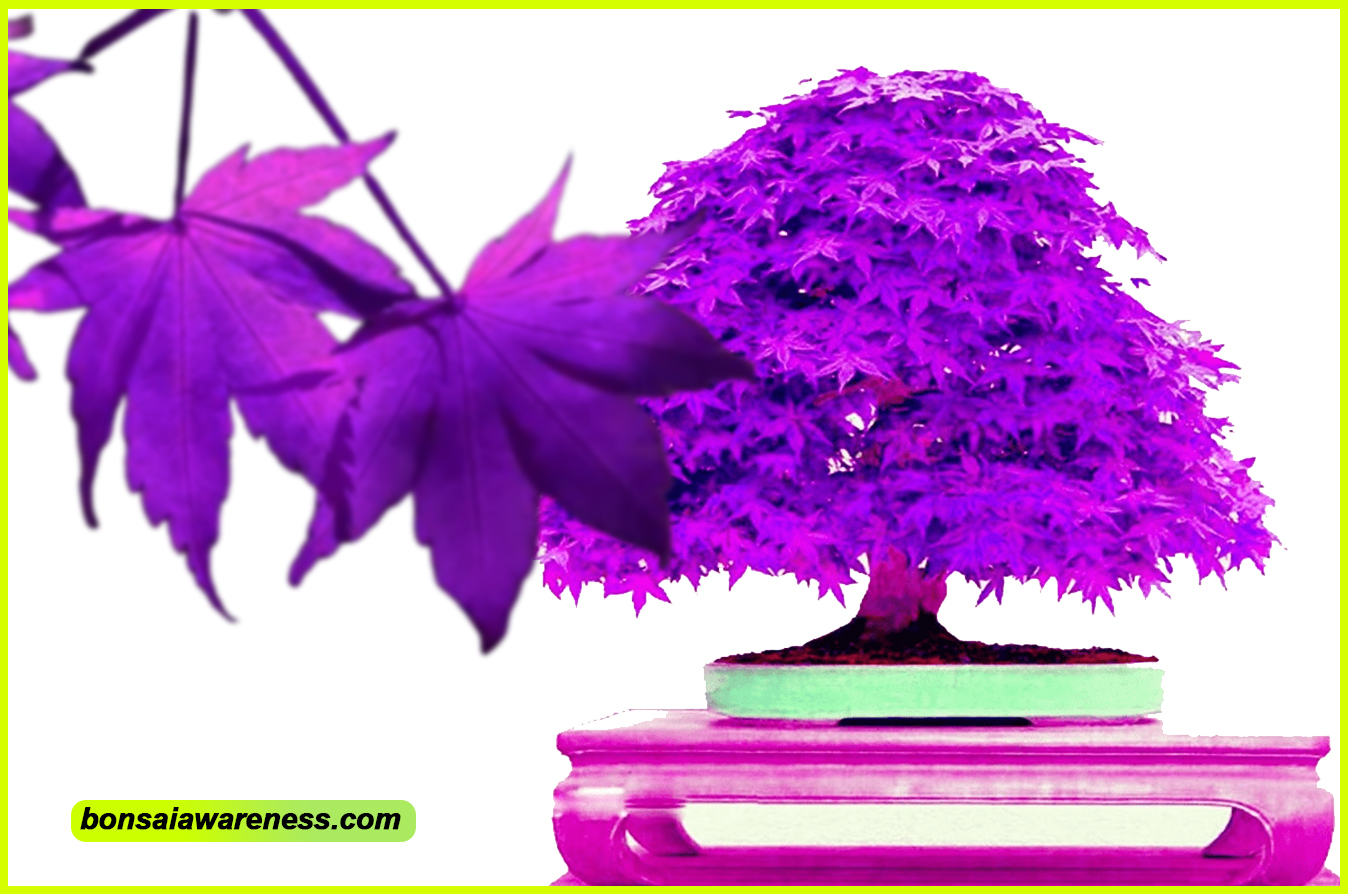Plant bonsai seeds in spring or late summer, ensuring the seeds are sown at the appropriate depth and kept in a warm, sheltered location. Bonsai, the art of growing miniature trees in containers, is a practice steeped in tradition and symbolism.
Cultivating bonsai from seeds can be a rewarding yet challenging experience, requiring patience, diligence, and a good understanding of the plant’s specific needs. To achieve success, it is crucial to know the right time to plant bonsai seeds for optimal growth and development.
By understanding the seasonal requirements and the specific needs of the seeds, you can ensure that your bonsai project gets off to a strong and healthy start, laying the groundwork for a beautiful and enduring creation.
Best Time To Plant Bonsai Seeds
When to Plant Bonsai Seeds: Planting bonsai seeds should be done in the best time to ensure their healthy growth. Consider the climate of your region to determine the ideal timing.
Understanding the Species: Different species of bonsai trees may have distinct requirements when it comes to planting their seeds. Research and understand these variations for successful cultivation.
Preparing Bonsai Seeds For Planting
When planting bonsai seeds, it’s essential to prepare them properly. One important step is seed stratification, which involves simulating winter conditions to break seed dormancy. This process helps improve germination rates. Additionally, ensuring proper seed storage is crucial to maintain seed viability. Store seeds in a cool, dry place to prevent mold or pests from damaging them. By following these steps, you can increase the chances of successful bonsai seed planting and cultivation.
Choosing The Right Soil And Container
The success of growing bonsai seeds largely depends on choosing the right soil and container. It is crucial to select well-draining soil to prevent waterlogged roots, which can lead to root rot. Using a mix of sandy soil, perlite, and peat moss can provide the ideal drainage and moisture retention for the seeds’ growth. When it comes to the container size, opting for one that is too small can restrict root growth, while a container that is too large can cause water retention issues. Additionally, choose a container with drainage holes to ensure excess water can escape. By considering these factors, you can create the optimal environment for your bonsai seeds to thrive.
Planting And Caring For Bonsai Seeds
When planting bonsai seeds, it is important to follow proper techniques in order to ensure successful growth and development. First, it is essential to sow the seeds in well-draining soil, taking care to provide adequate moisture. The seeds should be planted at the appropriate depth and covered with a thin layer of soil. Once planted, the seeds require consistent watering to keep the soil moist but not saturated. It is also important to provide sufficient light for the seeds to thrive. Placing them in a location that receives bright, indirect sunlight is ideal. As the seedlings begin to grow, regular pruning is necessary to help maintain their desired shape and promote healthy growth. Pruning encourages the development of a strong bonsai structure and helps to prevent overcrowding. By following these steps, you can increase the likelihood of success in planting and caring for bonsai seeds.
Tips For Optimal Growth
In order to ensure optimal growth for your bonsai seeds, it is crucial to pay attention to certain factors. Maintaining a proper temperature is essential as bonsai seeds require a specific range to thrive. Most species prefer to be initially planted indoors where the temperature can be controlled. Balancing watering and fertilizing is also important, as overwatering or under-watering can harm the seedlings. It is recommended to keep the soil slightly moist and provide appropriate fertilizers in moderation. Additionally, protecting the seedlings from extreme weather conditions and pests is vital. You can use a mini greenhouse or a protective covering to shield them. By following these tips, you can promote successful growth and development of your bonsai seeds.
Frequently Asked Questions On When To Plant Bonsai Seeds
How Long Does It Take To Grow A Bonsai From Seed?
It typically takes several years to grow a bonsai from seed, as it requires patience and careful nurturing. Proper care and techniques are essential to ensure the seed develops into a healthy tree suitable for bonsai cultivation.
Why Do You Soak Bonsai Seeds Before Planting?
Soaking bonsai seeds before planting helps to soften the seed coat and promote germination. This process improves the chances of successful seedling growth.
Are Bonsai Seeds Hard To Grow?
Bonsai seeds can be challenging to grow due to their specific requirements for soil, moisture, and temperature. Patience and knowledge are essential for successful cultivation. With proper care and attention, anyone can cultivate bonsai from seeds, but it requires dedication and understanding of the process.
What Are The Easiest Bonsai Seeds To Grow?
Some of the easiest bonsai seeds to grow include Japanese maple, juniper, pine, and elm.
Conclusion
To summarize, understanding the proper timing for planting bonsai seeds is crucial for their successful growth. By considering factors like the climate, season, and specific bonsai species, you can ensure that your seeds have the best chance of flourishing into beautiful trees.
So, whether you are a beginner or an experienced gardener, following the right planting timeline will set you on the path to a thriving bonsai garden. Happy planting!


Leave a Reply